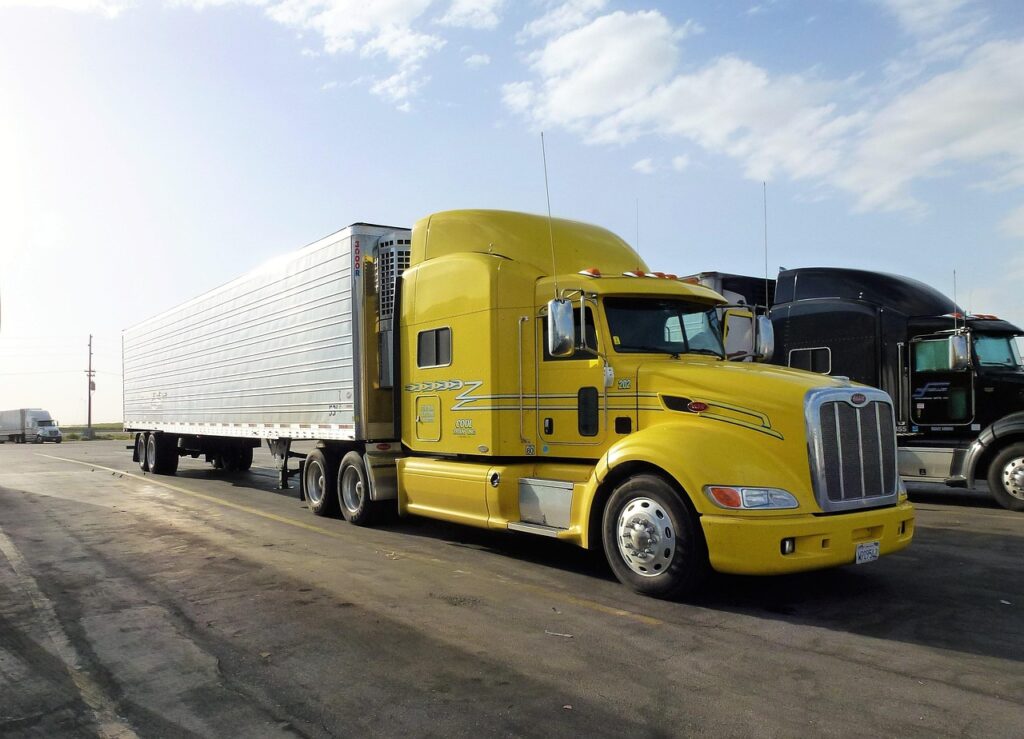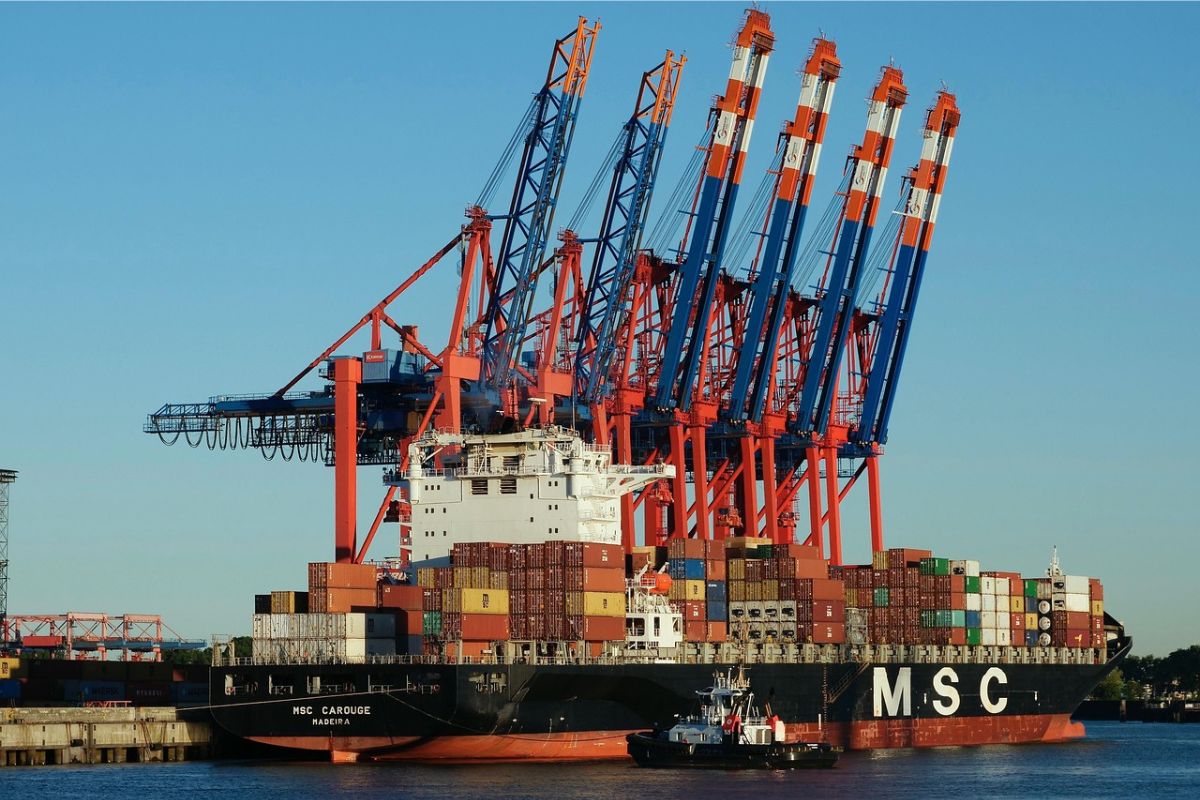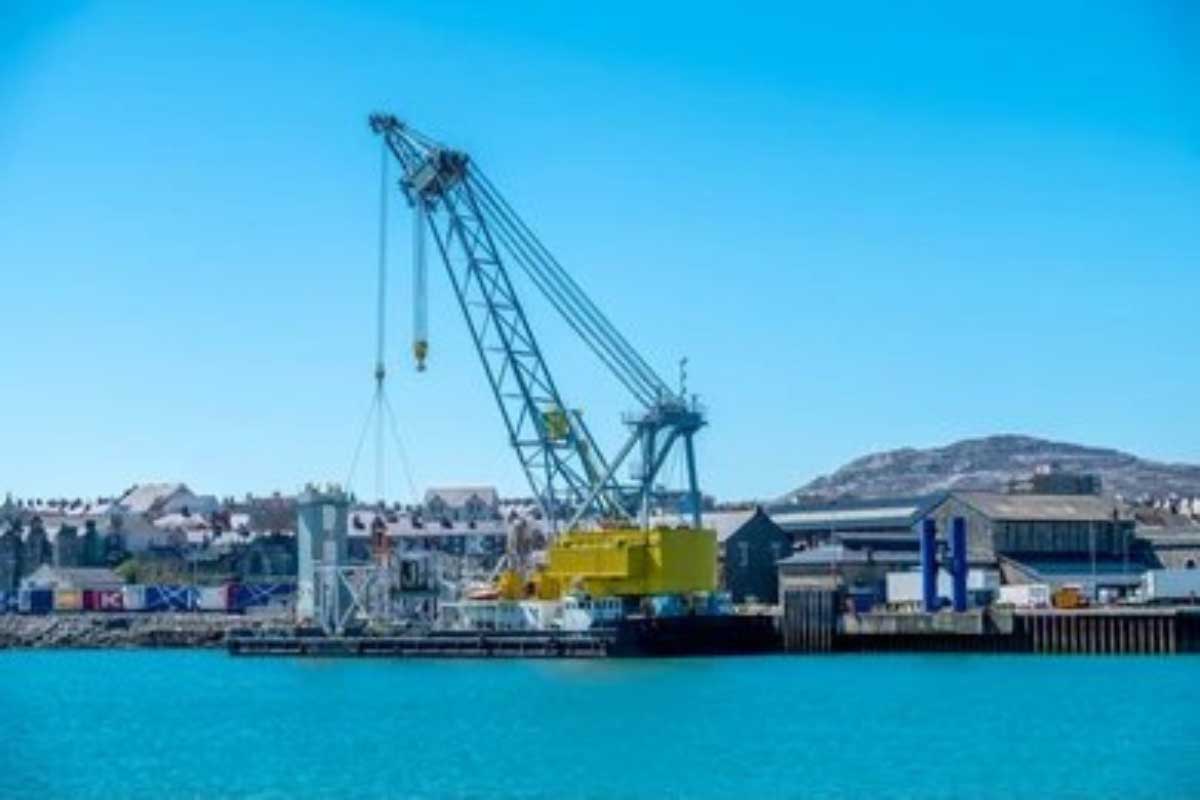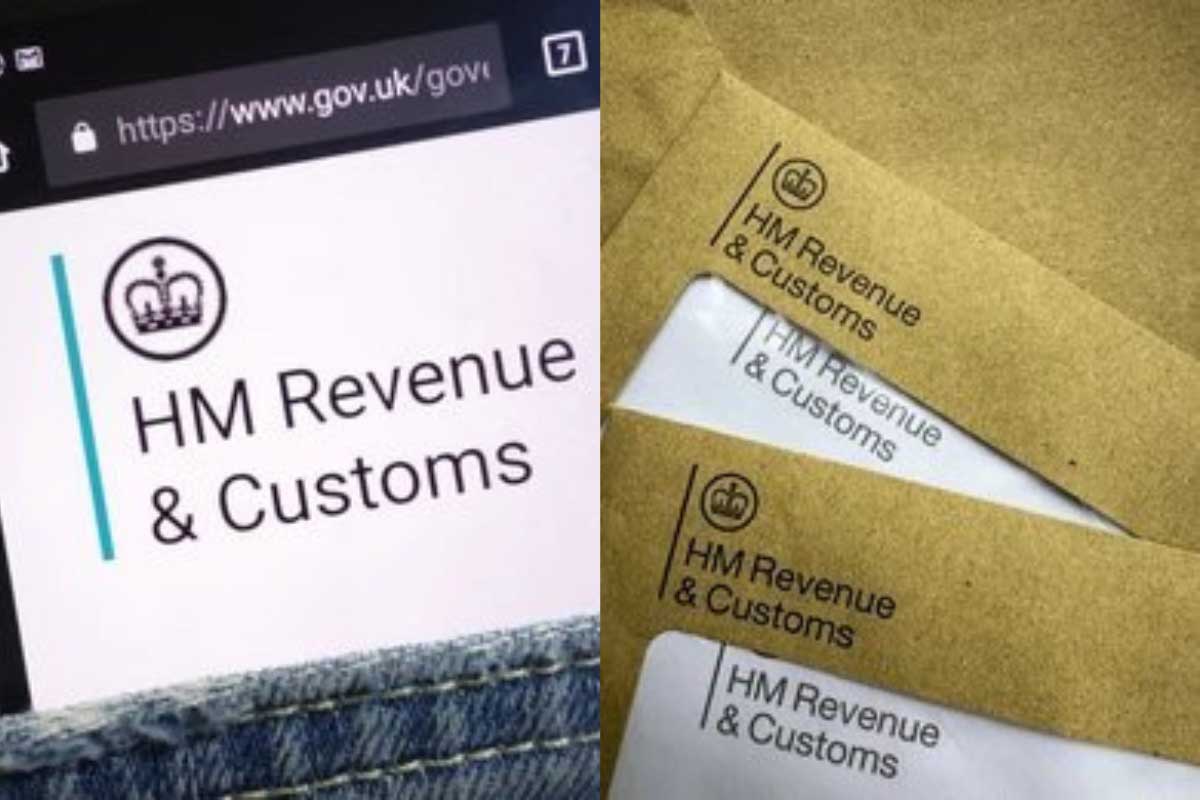To source a product directly from China to UK is one of the smartest decisions a business can ever make, thanks to highly competitive manufacturing costs and a vast network. But finding the best way to ship out goods from China to the UK isn’t as simple as it looks; it’s about choosing the best one according to your budget, timeline, product type, and logistics strategy, as of last year, in 2024, we saw a huge hike of 120% year-on-year in the first half of 2024 just for the rail freight between China and UK!
This guide will take you through every major shipping option, all about express, let it be via air, sea, rail, or road, highlighting their costs, timelines, and optimal scenarios because according to the Department for Business and Trade, total UK imports from China were valued at £56.2 billion in the four quarters to the end of Q1 2024.
So if you are importing small batches or fully loaded containers, this guide will help you ship smarter, faster, and more cost-effectively.
Express Shipping from China to the UK
What Is Express Shipping?
Express and immediate shipping from China to the UK is the fastest and most convenient delivery method, perfect for urgent or time-sensitive shipments. It offers door-to-door service with full customs clearance. In that, freighters such as DHL, FedEx, and UPS are likely to deliver within 1-3 business days.
Express shipments typically move via air and include customs clearance, making it a worry-free solution for light parcels or small-batch orders.
Transit Time and Cost
On average, express shipments arrive in the UK within three working days, depending on the location in China and the shipping mode and tier you selected. This is the fastest way to ship, but it is also the most expensive.
Packages that are under 300 kg are expected to pay between £5.42 and £7.67 per kilogram. Above kg, rates might have changed from £6.05 to £6.41 per kilogram, depending on the courier and the speed tier you selected.
Air Freight from China to the UK
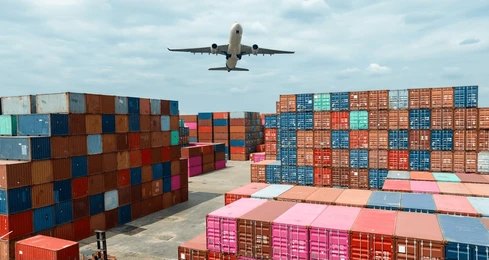
Who Should Use Air Freight?
If your shipment is quite big for express delivery but still needs to be delivered faster than sea freight, air freight takes a practical approach to it. Usually used for goods between 300 and 500 kg, it’s a strong option for mid-sized importers, especially those who are in the E-commerce business.
Unlike the express services, air freight usually requires you to deal with the customs clearance, airport pickup, and the final-mile delivery separately. However, a freight forwarder can coordinate these simple and easy steps for you.
Air Freight Duration and Price Range
Transit time is usually accounted for from five to fifteen days, depending on various factors such as carrier availability, destination, and whether the cargo is consolidated or direct.
Certain rates may vary by weight and route:
- For instance, air freight that’s under 100 kg could easily cost between £3.24 and £5.72 per kilogram.
- For larger shipments, let’s say 300 kg, may fall under £3.24 to £3.66 per kilogram.
Rates defined are more affordable than express shipping, especially as your shipment size increases.
Sea Freight from China to the UK
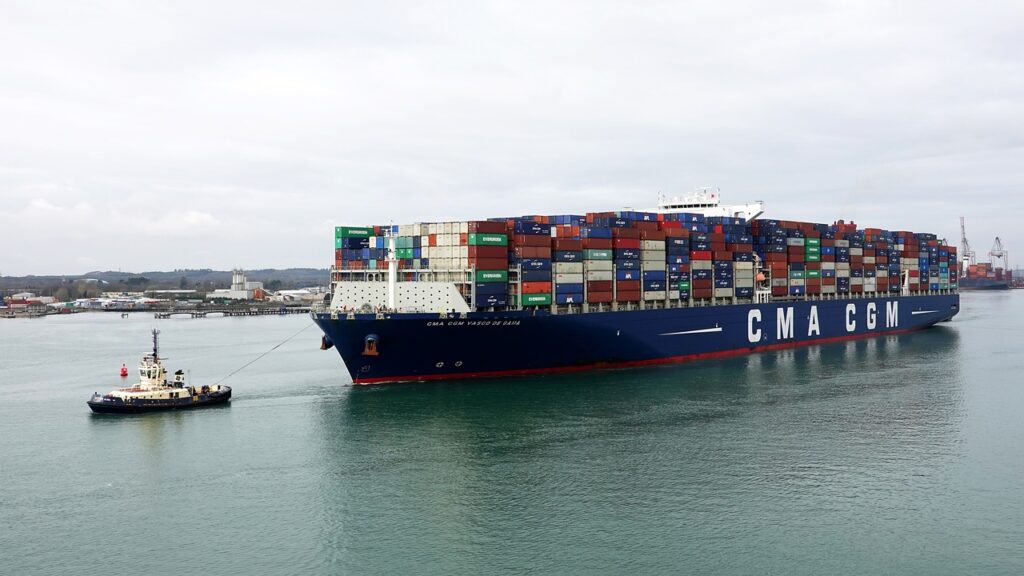
When to Choose Sea Freight
This is the most economical way to move a large volume of goods all across the globe. If your shipment is quite bulky, does not need urgency, or weighs more than a few hundred kilograms, sea freight is your best option.
Commonly, there are two main types of sea freight:
- LCL (Less Than Container Load): To put this in perspective, you share your container with other importers. Best for shipments between 1 and 15 cubic meters.
- FCL (Full Container Load): You rent an entire container. Best for shipments over 15 CBM or those requiring added security.
Transit Time and Route Comparisons
Sea transportation from China to the UK usually takes from 26 to 46 days, depending on the port of origin and the final arrival point in the UK.
Some popular sea routes include:
- Shanghai to Southampton: 26–32 days
- Ningbo to Felixstowe: 28–36 days
- Shenzhen to London: 44–46 days
While it might be slow and time-consuming in most cases, sea freight is highly cost-effective for larger orders. Let’s say, a full container from Shanghai costs between £7,180.80 and £7,392.00, whereas a smaller LCL shipment weighing around 200 kg and occupying one cubic meter could cost you about £84.48 to £126.72, but keep in mind it depends on the route as well.
Rail Freight from China to the UK
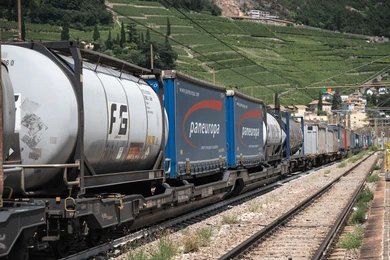
Why Rail Freight is Gaining Popularity
Rail offers a more solid solution between sea and air, it’s faster than sea and cheaper than air, making it perfect for those who are after moderate-volume shipments where lead time still matters.
Cargo trains from China are potent enough to travel from Central Asia and Eastern Europe before arriving in Western Europe and the UK. This route tends to offer more stability and a smaller carbon footprint than air freight.
Duration and Suitability
Usually, a cargo train takes 18 to 21 days to ship from China to the UK. It’s a good fit for stable supply chains that don’t need quick and instant delivery but want to avoid long holdups of sea routes. Both LCL and FCL services are easily accessible, giving you the exact cost and timelines falling between sea and air freight charges.
Road Freight from China to the UK

A Niche But Growing Option
Although this is not commonly and widely known, road freight is emerging as an alternative and effective solution for certain logistics strategies. Trucks that are carrying goods from China to the UK can cover the entire distance within 21 days, depending on the road conditions, speed, selected route, traffic situation, and weather conditions.
This method perfectly combines speed with relative predictability and transmission times, and often offers better cost efficiency than air charges. It’s highly engaging and helpful during peak season when air cargo is limited.
Factors That Affect Shipping Costs
To be real, shipping and freight charges aren’t just about distance or weight. Multiple hidden charges can affect your final quotation. These might include fuel surcharges, customs duties, and even packaging.
Key factors include:
- Weight and volume: Dimensional weight applies to air and express shipments.
- Customs duties and VAT: Typically 20% of the value of your goods.
- Peak season rates: Expect cost spikes before Chinese New Year and Q4 holidays.
- Warehousing or demurrage fees: Charged when your cargo isn’t picked up promptly.
- Insurance: Essential for valuable or delicate shipments, especially by sea.
Step-by-Step Guide to Shipping from China to the UK
Step 1: Partner with a Freight Forwarder
Working with an experienced forwarder simplifies every crucial point of your shipping process. They communicate and coordinate with suppliers, customs officers, carriers, and UK-based handlers so that your process moves easily and effortlessly.
Step 2: Request a Custom Quote
Instead of committing to someone without conducting research, get detailed quotes for all viable shipping options. Depending on your timeline and volume, they will advise you on whether you need to go with express, air, sea, rail, or road freight, which is the right option for you.
Step 3: Insure Your Cargo
While transporting, there is always a major risk that revolves around which is getting your shipment damaged or losing some pieces, especially over long distances. To have peace of mind, simply add insurance that covers all of your losses in case it happens.
Step 4: Prepare Your Documents
The last and most crucial step is always to make sure that you have a commercial invoice, packing list, codes, and necessary documentation and license. A VAT number is usually needed when importing goods to the UK.
Case Comparison: Same Shipment, Different Methods
To help you easily understand your considerations, consider the following example of importing 300 kg of electronic items from Shenzhen to London.
| Shipping Method | Transit Time | Estimated Cost | Best For |
| Express Shipping | 2–3 days | £1,920 | Product launches or emergencies |
| Air Freight | 7–10 days | £1,098 | Quick delivery at a lower cost |
| Sea Freight (LCL) | 32–38 days | £285 | Large volume, budget shipping |
This easy table shows how much you can save and spend, based on your shipping preference and choice, which can do so much more than what you have anticipated.
How to Choose the Right Shipping Method for Your Business
Choosing the right shipping methods can be based on multiple factors, including the nature of the product delivery, delivery timeline, and your budget.
Businesses that are highly devoted to time-sensitive items may get an edge from air or express service, while those moving in large volumes with flexible timelines might go with sea freight, which tends to be more cost-effective. It’s important to know how freight costs can impact your profit margins and overall supply chain.
So, consulting with an experienced freight forwarder can help you assess all the variables and find the right balance between cost, speed, and reliability. They can guide you through the hidden costs and logistics involved in each method. Always remember, the cheapest method isn’t about the best; the right choice depends on your unique priorities and needs.
Common Mistakes to Avoid When Shipping from China to the UK
Even seasoned importers can make costly mistakes when managing logistics between China and the UK. One common error is underestimating delivery timelines, especially during peak shipping seasons or public holidays in China, which can result in delays and customer dissatisfaction.
Another frequent oversight is failing to include comprehensive insurance coverage, which leaves you vulnerable to financial loss in case of damage, loss, or theft.
Misunderstanding customs requirements or missing documentation can also delay shipments and lead to unexpected fees. It’s vital to ensure your paperwork is accurate and complete. Working with a reputable freight forwarder helps you avoid these pitfalls, ensures compliance with regulations, and streamlines your shipping process from start to finish.
Final Thoughts: Choose Smart, Ship Smart
Going for the best way to ship from China to the UK isn’t just about how costly or how fast you can get it; it’s about aligning your logistics with your business goals. Use express or air freight when the time is crucial. Either go by sea or rail when cost control is your priority, consider the road option when you need a reliable middle ground.
Frequently Asked Questions (FAQs)
Do I need a UK VAT number?
Absolutely! If you are situated in the UK and importing goods for commercial purposes in the UK, a VAT number is essential. It helps and allows you to reclaim import VAT while staying compliant with the HMRC regulations.
What are Incoterms, and why do they matter?
For easy understanding, Incoterms are defined as the responsibilities of buyers and sellers that take place in international trade. Let’s say “FOB” means that the dealer bears the transportation to the port, while you cover the rest. Knowing your Incoterms helps avoid unexpected costs.
Can I track my shipment?
Yes! It doesn’t matter if you are shipping from an express courier or by a freight forwarder; tracking systems are always available to monitor and assess your goods every step of the way.
How can I avoid customs delays?
To avoid customs delays, you need to work with a trusted freight forwarder who ensures all documentation is accurate and complete. Multiple delays are caused by missing or incorrect documents, something which they can easily help you with.

